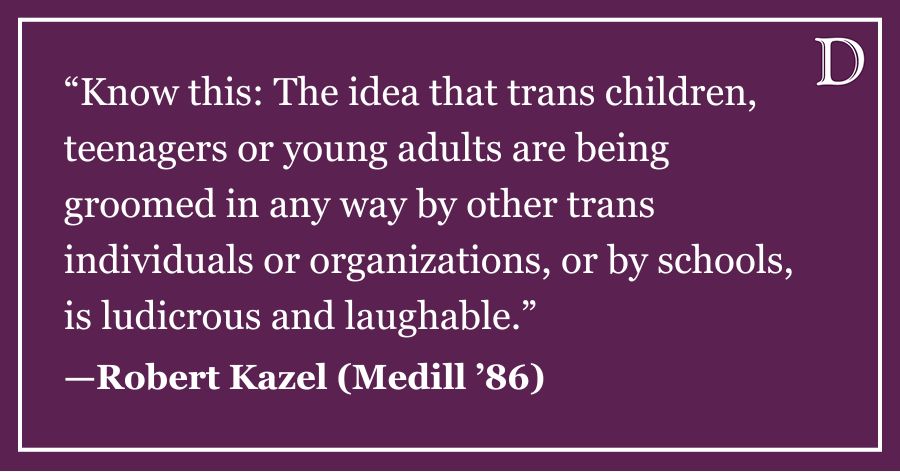Graduation means the beginning of many new challenges and hopefully, many exciting opportunities.
But until this year, graduation has also meant the end of something very important but often overlooked. It marked the end of your ability to be covered by your parents’ health insurance policy.
Fortunately, many of today’s graduates can scratch that off the list of things to worry about. Thanks to a critical provision in the health care reform law that passed last year, you and most of your peers can now stay on your parents’ health insurance plan until age 26.
Until the passage of the Affordable Care Act, college students were stripped of health care coverage upon graduation and left to take on costly medical bills for basic health services such as getting a physical exam or seeing a gynecologist. Services you once received at little to no cost suddenly required hundreds to thousands of dollars without insurance. It was a harsh wake-up call for many college graduates who now joined the millions of Americans who had to learn the hard way just how expensive health care can be.
The only way to avoid a fast route to medical debt was to remain healthy or get a job that offered health coverage. Yet in 2010 the unemployment rate for 20- to 24-year-olds with bachelor’s degrees hit 9.2 percent. Those who were able to find jobs often had entry-level or part-time positions that did not provide health insurance. In fact, the rate of those with jobs but without insurance among young adults was one-third higher than older employed adults. Even worse, young people made up the highest rate of the uninsured of all age demographics and almost half reported difficulty keeping up with medical bills.
Along with the president, many of us in Congress strongly believed it was unfair to saddle college graduates with a financial burden they were wholly unprepared for just as they looked to take a major step into adulthood. We worked to pass legislation that offered a safety net for college graduates, allowing them to remain on their parents’ policies until age 26. On March 23, 2010, with the passage of the Affordable Care Act, we won historic change to remove age-old barriers that prevented too many Americans from accessing affordable health care services.
As a result, this year’s class will be the first to graduate already eligible for health care protections. As graduation day approaches, here are a couple tips to make sure you have insurance when you graduate:
Call the customer service number for your insurer and explain that you’re graduating from college. Find out if you or your parents need to take any action to ensure that you stay on their plan when you graduate.
• If you don’t have insurance right now, you may have to wait until your parent’s plan renews – this is commonly referred to as open enrollment. Be sure to ask when this is and what action you or your parents must take.
• If your student health plan is ending, you need to sign up for your parent’s health insurance within 30 days.
• If you have employment lined up but your employer doesn’t offer coverage or there is a waiting period, you may be able to get coverage through your parents.
• Most importantly, follow-up with your parents.
Class of 2011, may your hopes and dreams be realized. Among the new experiences you are sure to encounter as a newly minted college graduate, being without access to health care should not be one of them.
–Congresswoman Jan Schakowsky (D-Ill.)







